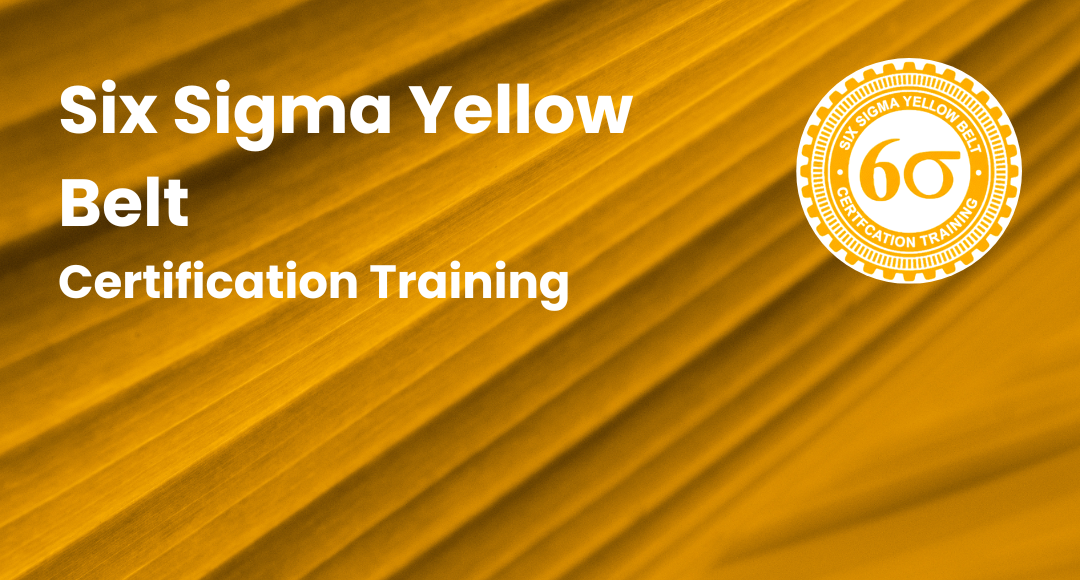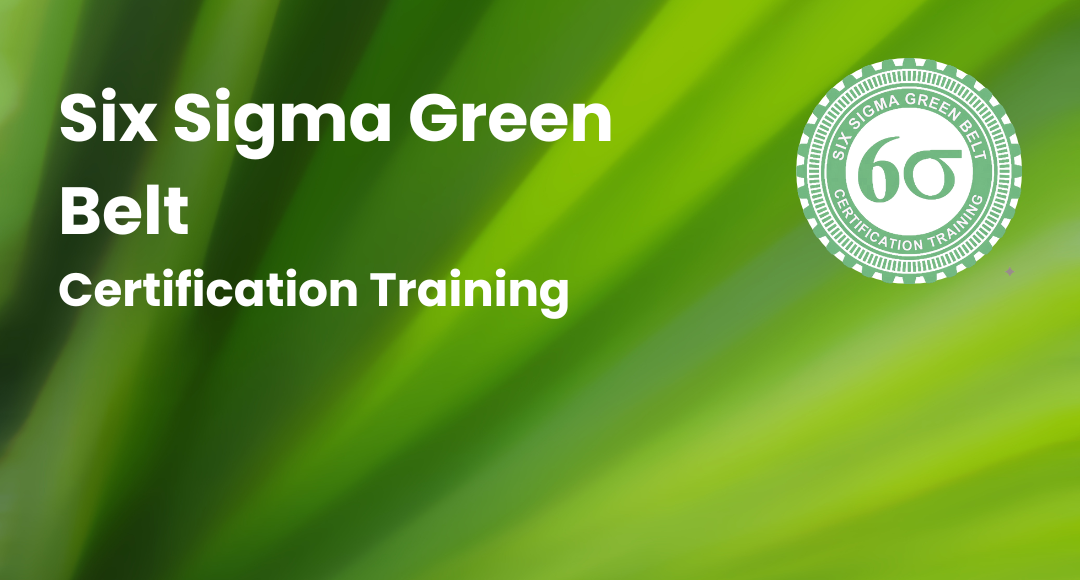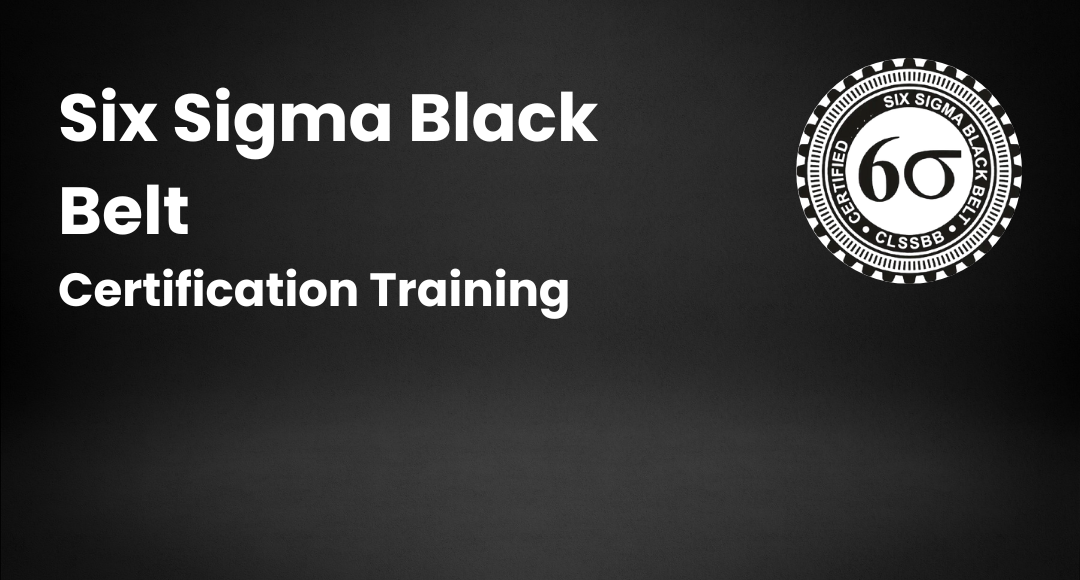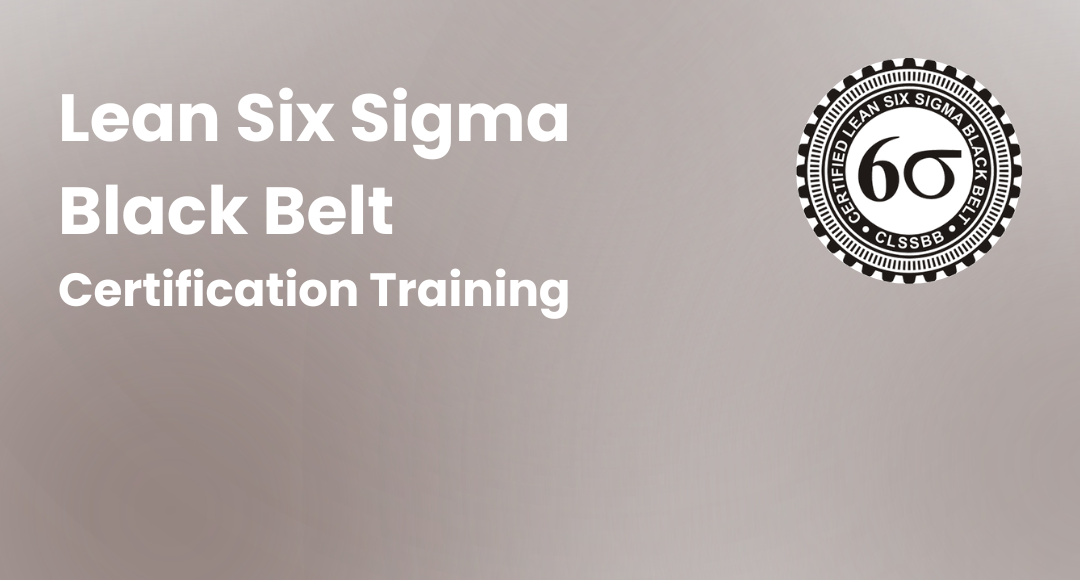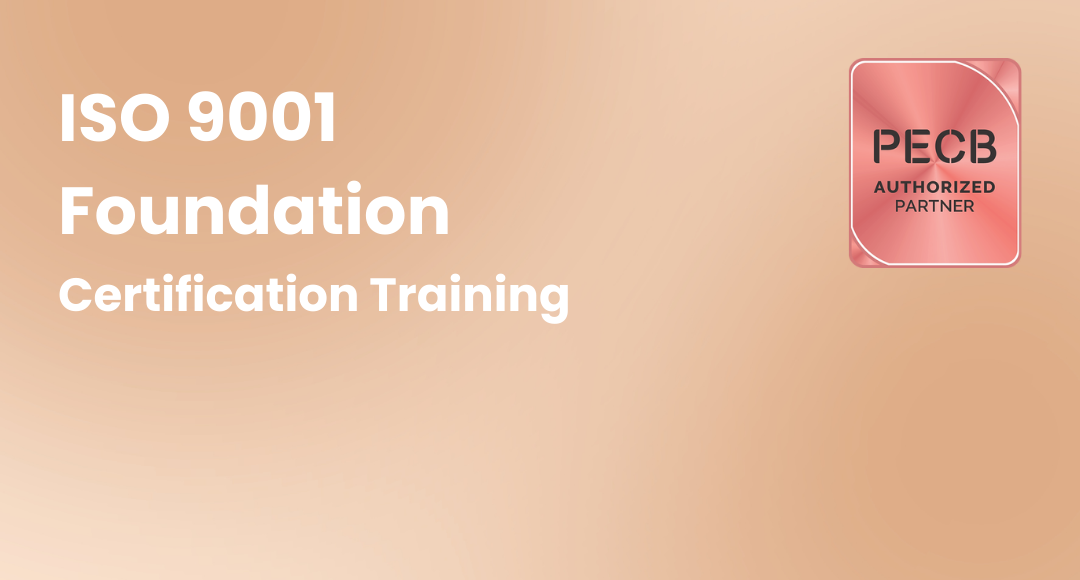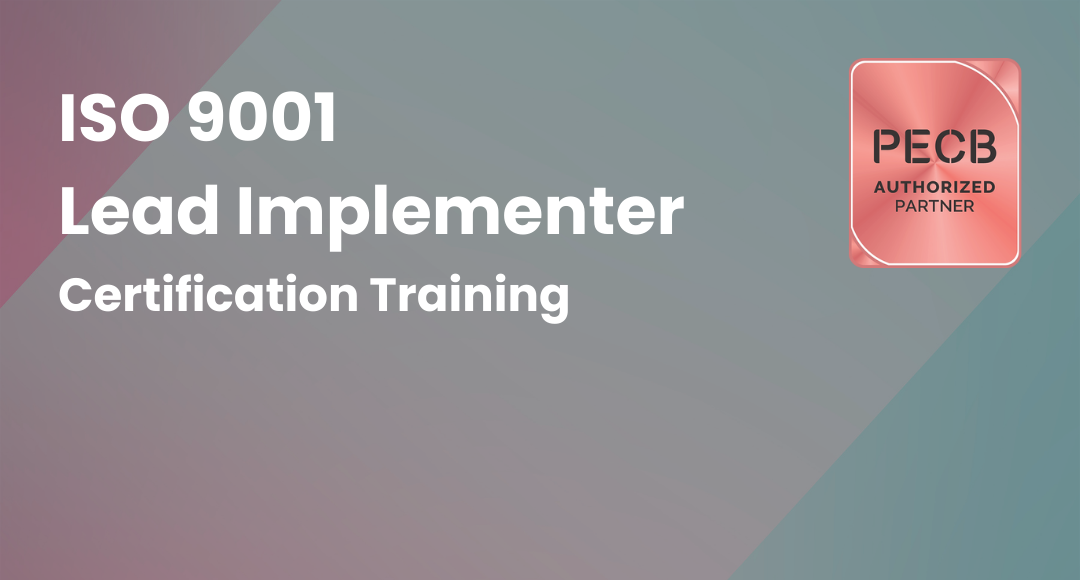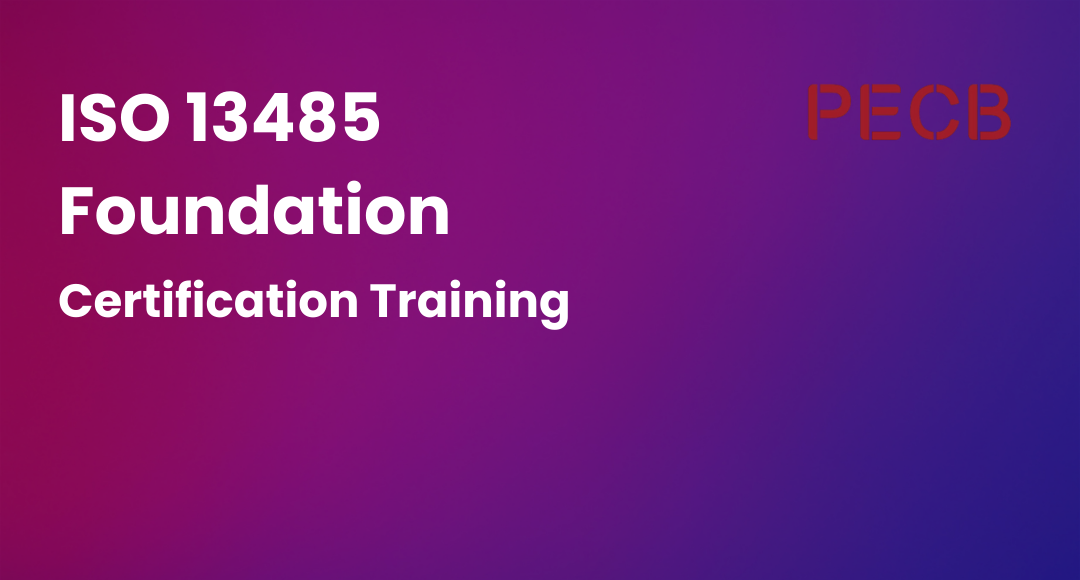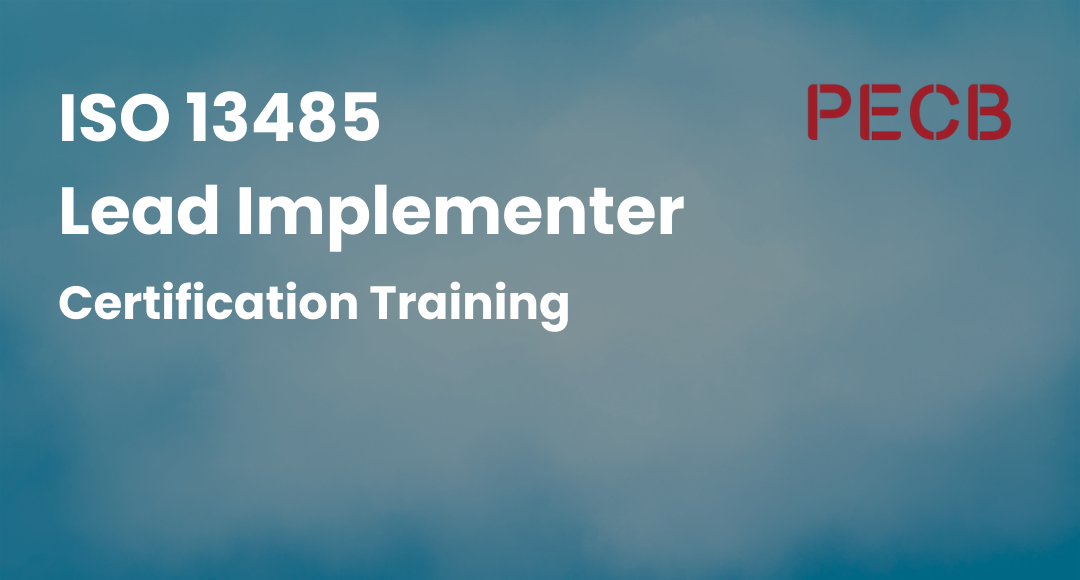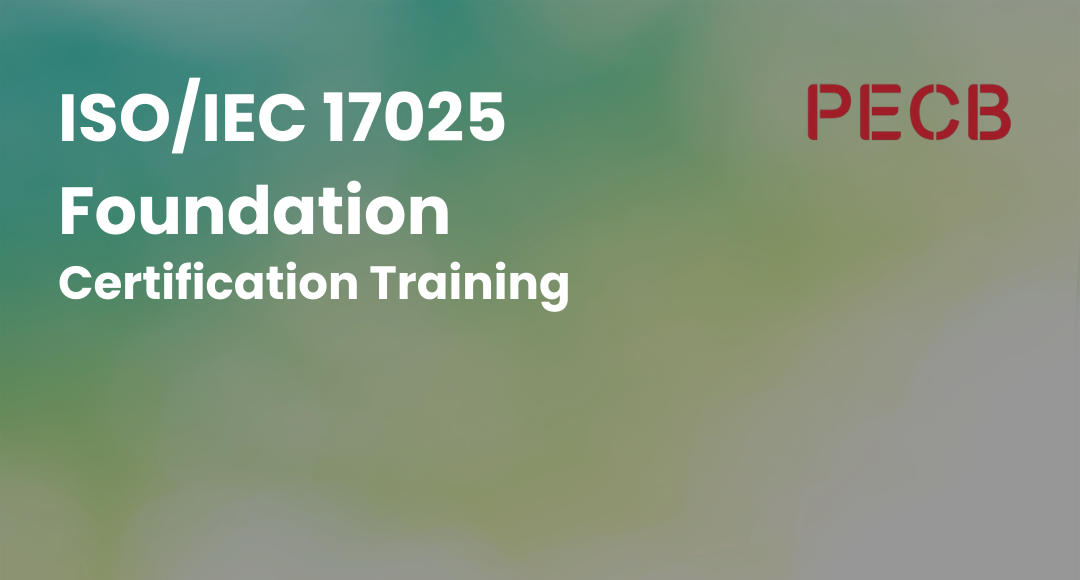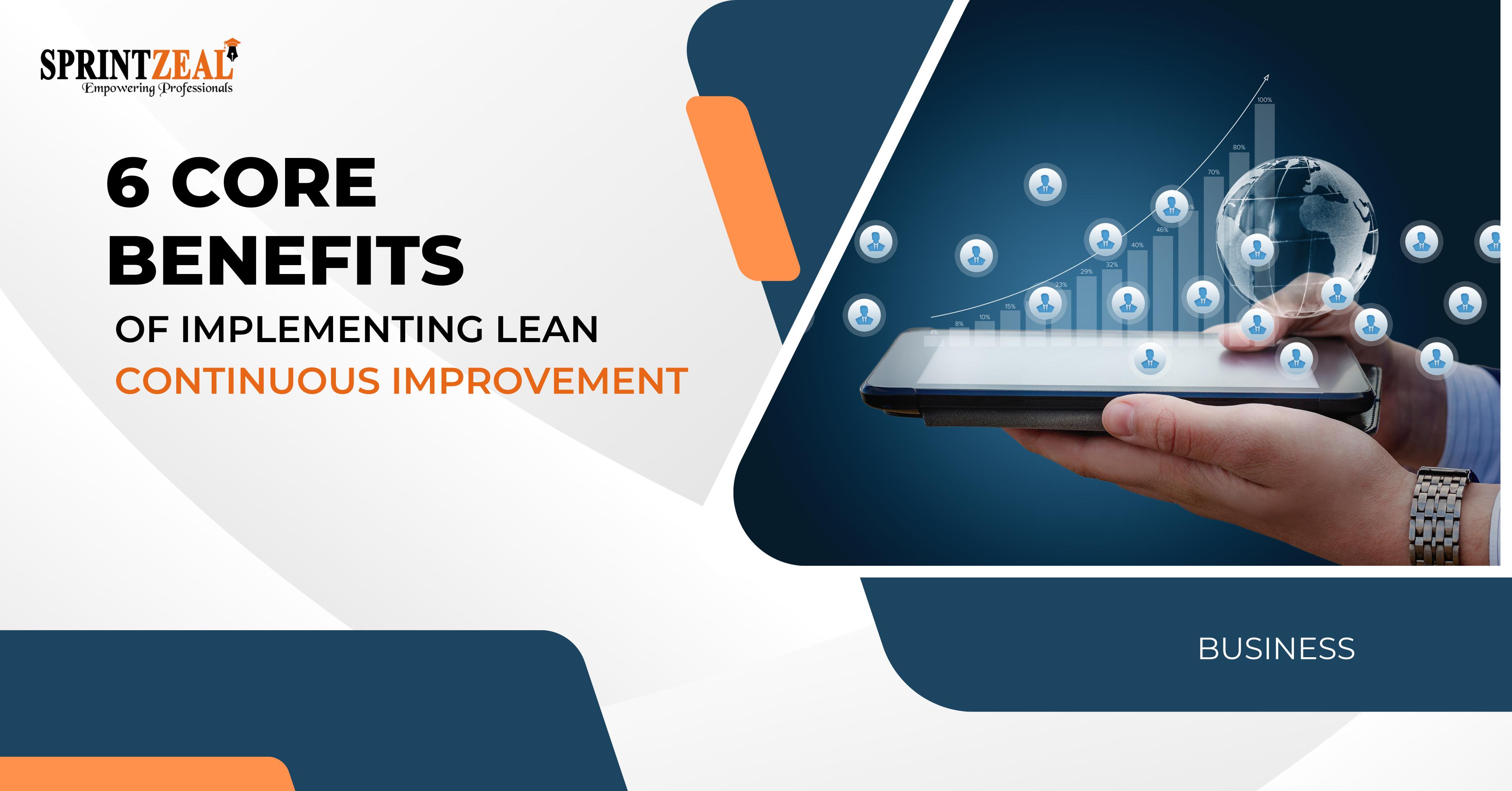Service Delivery Manager Interview Questions and Answers (With Examples)
-
 By Nandini
By Nandini - Published on Oct 31 2024

Most Commonly Asked Service Delivery Manager Interview Questions and Answers
The work of a Service Delivery Manager is to identify the client's needs and demands and look forward to the delivery of services in the business context. They have to make sure that the deliveries are done in a proper manner, and the issues regarding the projects are solved on time.
A full-time role is carried out in many companies and industries. Another responsibility they take is the management of teams and checking the work of the stakeholders in the service delivery department.
Candidates who have expertise in the field of customer service are perfect for doing this job. Designation holder requires having good project management skills and good leadership skills. Candidates have to work along with other members as a part of the team.
There are many important Service Delivery Manager Interview Questions that the candidates need to prepare before going for the interview. This is because the Service Delivery Manager Interview Questions are essential to get a job. The candidates aspiring for the job are required to answer the Service Delivery Manager Interview Questions properly.
Organizations are currently in search of experts and professionals who set Service Delivery Manager Interview questions and answers. In this article, we have a meticulous list of frequently asked Service Delivery Manager Interview questions and answers for freshers or experienced professionals.
Despite whether you are showing up for the interview, the Service Delivery Manager Interview questions and answers could be interesting and insightful.
Table of Contents
- Lists of Top Service Delivery Manager Interview Questions and Answers for 2026
- Basic Service Delivery Manager Interview Questions and Answers
- Scenario-Based Service Delivery Manager Interview Questions and Answers
- Service Delivery Manager Interview Questions for Experienced Professionals
- Service Delivery Manager Interview Questions and Answers with Examples
Lists of Top Service Delivery Manager Interview Questions and Answers for 2026
The top Service Delivery Manager Interview questions and answers bring readiness to prepare even better. Moreover, the questions by interviewers are to gauge the candidate’s minds and skills beneficial for the organization.
Tackling the Service Delivery Manager interview can be harder, especially with zero knowledge of the subject. The common Service Delivery Manager Interview questions and answers aid you in responding to questions and planning in the smartest way.
We have inclusively curated the top IT Service Delivery Manager Interview questions with answers in the following segments.
Basic Service Delivery Manager Interview Questions and Answers
Find below the basic Service Delivery Manager Interview questions and answers,
1) Why do you want to work as a delivery manager?
In this question, the candidates must speak about their motives, ambition, and how helpful they can be to the company.
It is recommended that the candidates not talk about their past and say what degrees they have achieved in business management or administration. Instead, they have to indicate how fruitful they would be for the company, and they also have to show their desire for the job.
Candidates can also talk about expertise in the following field. For instance, they can say that they have good organizational skills and good time management skills.
They can also add that they trust themselves with their technical skills and can achieve something if they get the following designation. The candidates can also express what the thing in the field they would love to do is and how they would enjoy doing their work.
2) Why do you prefer working as a manager in this company and not in any other?
The candidates can uniquely answer this question by saying what they love about the company. They can also praise the company by saying that "bigger organizations would bring bigger reputation."
By this, they can let the interviewers know about the company's reputation and the desire of the candidates to work for the company. They can also say that the following organization would provide them with numerous endless career opportunities.
They can praise the organization by saying that they want to be a part of something big. They can tell the interviewers about their perspectives on what advantages the company would provide them.
If the candidates join a small company, they can express that they love to have a greater and wider scope of responsibilities and how they can contribute to the organization's betterment.
They can even praise the organization by saying what products, services, or software of the company they like and the potential of the industry's following. They can give this reason to join the company. The candidate has to show that he/she wasn't chosen by the company accidentally and that he/she would not leave the company if he or she got better opportunities.
3) What is a typical day at work according to you?
The answer to this question can be a bit tricky, and the answer depends on the type of company. In this question, they can also highlight the role of a delivery manager. In technical organizations, everything the candidates can do is allocate the staff and resources to numerous projects and work in real-time as per the client's demand.
Candidates can claim they can connect clients and managers on one end with programmers, developers, testers, etc. on the other end in this kind of scenario. To ensure that the candidates' objectives are met, they must ensure that the day's remaining time is used wisely.
Responding to the delivery of goods from the manufacturer to the final customer is the responsibility of the delivery manager in an automotive or logistic organization.
They must ensure that they would complete their work efficiently in light of this. It's also imperative for the candidates to demonstrate that they will be expected to work continuously throughout the day.
4) The expectations of clients, managers, and employees vary from each other. How would you make sure that you meet the needs of everyone?
The best answer to this question is communication. The candidates can reply by saying that "communication is everything you need to build a connection." By this, the candidates will be able to meet the needs of the company.
The candidates can answer this question by saying that they would communicate with everyone properly, and they would try to meet the needs and demands of everyone. They can also say what their skills are and who they would like to work with, along with the value and reputation they would bring to the company and what their requirements are.
The candidates can also say that they can solve the communication problem by personally meeting them once they start working for the company.
They can also have a meeting regularly to ensure that the candidates easily understand what the clients, managers, and employees expect from the company. By this, the candidates will also make sure that they get an overview of their own expectations from clients, managers, and employees.
The candidates can play on the safe side by saying that the rise of conflicts might be natural. This is because it is difficult to manage the expectations of everyone simultaneously. They can also add by saying that they would always be ready to handle the issues.
5) If you face some issues while conveying some message to your boss or your stakeholder, how would you manage to convey it?
In this question, the candidates have to look forward to reducing the communication gap. This is because there will be a difference in the manager's language and the language of a programmer due to the difference in their work.
The work of the manager is to achieve goals that are related to business and finance. In contrast, the programmer's work is to understand how they should operate the applications to achieve the managers' goals.
This is where the difference lies. The candidates must have the caliber to explain technical things without technical expertise and the caliber to translate the business language of the managers to the language of developers in such a way that would clear their concept.
In this question, the candidates can describe how they used presentations, demonstrations, charts, and pictures to convey the meaning and message.
The candidates have to show that they understand the following problem and step out of their comfort zone. By saying this, the candidates can ensure that they will do their job effectively.
6) Introduce yourself, and what made to think that you can be a good Service Delivery Manager?
In this question, the candidates can talk about their skills and what benefits they can bring to the organization. The candidates can say that they are completely focused on their job and can prove themselves as responsible Service Delivery Manager.
The company can rely even on tough situations to achieve good results. They can say that they would do their best to meet the organization's needs and the objectives of the operational service.

The candidates can add that the main qualities and expertise they have gained in their entire career include organizing, planning, exceptional, and implementation skills. They can also prove their capabilities by leading and motivating others.
The candidates can also talk about their conversation skills and interpersonal skills and how helpful those skills can prove to be. The candidates can conclude by saying that they can prove to be good service delivery manager because he knows about the job and its requirements in detail and they would also do their best to know more about the following.
The candidate has to stay confident and remain dedicated to his work. The candidates can also add by saying that they thrive in a pressurized environment where they are the ones who take responsibility for delivering organizational services.
Scenario-Based Service Delivery Manager Interview Questions and Answers
Here are the Scenario-based Service Delivery Manager Interview questions and answers,
7) Tell us about a time when you had to meet a tight deadline.
In this question, the interviewers expect the candidates to give a unique and specific answer. The candidates have to prepare properly for these kinds of questions. They should keep in mind that general answers don't work regularly.
They can avoid answering this question in a general way. For example, saying "I am used to meeting tight deadlines in all my projects. I and my stakeholders always do their best to meet the needs of the company as well as clients" would be a very general answer.
The candidates can instead prepare something unique that would impress the interviewers. They can talk about their expertise and dedication to the job. They also have to ensure the interviewers that they would actually do their best to meet the deadlines and properly complete the projects.
The candidates also have to ensure that they team up with their colleagues to complete their work in the proper way and deliver it at the proper time. They have to make sure that the work gets completed efficiently. They can also talk about their prior experiences if they have any.
8) What kind of working environment do you prefer working in?
The question might not sound tricky, but it is. In this question, the candidates cannot say that they love working alone because this would leave a bad impression on the interviewer. By this question, the interviewers seek to know how the candidates would function with their teams and colleagues.
The interviewers also expect that the candidates would talk about their expectations regarding the organization's environment. The candidates have to answer this question wisely because this might ensure their working environment in the future.
This would also let the interviewers know about what the candidates know regarding the organization. The candidates can indirectly talk about a fixed working schedule and check if the company offers them one. The candidates also check whether the organization requires them to self-manage or expects them to work in a constant direction.
While answering this question, the candidates also have to keep in mind the culture of the organization. The candidates should go for the job if they answer this question in the way they have planned because the answer to this question would affect their future working environment.
9) What are the things that actually drive results in this job?
As employees are the organization's main investment, the interviewers expect that the candidates joining the company would give a positive return on his/her salary. The interviewers expect to work effectively and prove to be efficient for the company.
The role of the candidates here is to say how effectively they would prove themselves to the company. In an organization, the HR team carries the main responsibility. They are responsible for filling job openings, but the real deal is finding the right candidates.
This is because the following results in increasing retention rates and this also reduces the training expenses. The following also enhances overall productivity.
All the companies require their service techs to carry out effective repairs. The main thing the service techs need to do is develop innovative ways to solve the following issue. This can also provide a lot of benefits later.
To make it short, it is essential to build a good relationship with customers which would further result in increasing sales. The candidates, who actually desire to get the job, have an idea about the things that actually make a difference.
The following gives proper results because the candidates know that helping the organization succeed is the way to become successful.
10) How would your co-workers and boss describe you?
This is another tricky question that the candidates need to be prepared for. Questions like this are frequently asked in an interview. If the candidates don't stay prepared for the interview, they might face problems while facing this situation.
The candidates need to know that, if they get the designation, the hiring manager will call the former co-workers and the candidate's boss, where the candidates need to prove them effective.
Here the candidates need to be honest and talk about all their strengths and weaknesses, which they haven't discussed in the other aspects of the interview. The candidates also have to express their traits, which they have skipped in the entire interview.
These strengths and traits might include their strong points, like their strong work ethic and their weaker areas in work. The candidates also have to show their willingness to work in this situation and talk about managing projects. They also have to ensure that they would come up with effective solutions to solve the project's issues.
11) What can be your contribution to the company?
Basically, in job interviews, a lot of candidates face this question. This can be their chance to stand apart from other candidates. Here, the candidates have to say what things would make them stand apart from other candidates and how they can prove to be an asset to the organization.
This can prove to be the perfect chance for the candidates to talk about their experience and expertise. The candidates need to show that they are the perfect choice for the following job, and the company would not regret choosing them.
In this question, the interviewers desire to know how the candidates can help in project management and what kind of goals they will fulfill.
The candidates can talk about their prior experience in the following question if they have any. The best way to answer this question is to start with prior accomplishments and then continue with future goals.
They can also add how they helped solve problems in the past and maintain this in the future. Answering this question becomes easier if the candidates become familiar with the goals and missions of the organization. The candidates can match their qualifications with the job and then share their own views about improvement or problem-solving methods.
12) What can be expected of you in the first 3 months?
The interviewers ask this question to confirm whether they can completely rely on the candidates for the following job. They also get assurance about how much work they can provide to the candidates. The candidates don't need to dive into the depth of the question and complicate the answer.
They can rather say that they would work hard and try their best to give the company effective results. They can assure the interviewers by saying that they are prepared to handle the workload and, at times, work with a heavy workload on their shoulders.
The candidates can add that they will try their best to make correct decisions for the company. The candidates also have to make sure that they are always ready to learn new things and effectively serve the stakeholders, boss, customers, and suppliers.
The candidates have to highlight their strengths and say that they would work on their strengths to make them better.
They can prove to be the right choice by saying that they can use their skills to improve things and solve issues. The candidates can add that they would work properly with everyone and emphasize their work and their colleagues.
13) What can be the biggest weakness of yours?
Answering this question is quite easy. All the candidates need to do is pick any theoretical weakness and transform that weakness into their disguised strength. For instance, the candidates can say that they get indulged in their work to the extent that they forget to keep track of time.
They can add by saying "Even there are days in which other colleagues go home after their work hours but I stay up doing my work." They have to show that they love working and don't think of anything else during work hours.
In short, the candidates mean that their biggest weakness is that they can give more time and dedication to their work than everyone else. In this way, they can change this question's structure and mold it to tell their strengths to the interviewer.
Another thing that the candidates can do here is to choose an actual weakness that they are actually trying to improve. By saying this, they can also say about their efforts in eradicating that weakness.

14) Do you have any questions for us?
This is the trickiest question that the candidates have to face. It is recommended that the candidates should not give a denial to this question. They shouldn't say that everything is clear to them or all their doubts were clear in their interview.
The interviewers seek to know why the candidates can prove to be the correct and logical choice for the organization by asking this question. It is the right them for the candidates to re-emphasize the following.
The candidates have to prepare for this specific question before going for the interview. It is the candidate's work to collect information about the job and the company and prepare a set of questions to ask the interviewer. This would also depict the interest of the candidates regarding the organization and the job.
The candidates can ask questions related to the company's professional development opportunities, which would also boost their knowledge.
Here, they can instead collect information from the interviewers and solve their own personal queries. Saying no would definitely create a superiority complex and create a bad impression of the candidates.
Service Delivery Manager Interview Questions for Experienced Professionals
Here are the Service Delivery Manager Interview questions and answers for experienced candidates.
1) How would your former employer describe you?
During my tenure at my previous organization, my employer often commended my dedication to achieving goals. They appreciated my reliability and the fact that they could trust me to handle critical projects and customer relationships. I consistently met and, in many cases, exceeded performance targets, which was a testament to my results-driven approach.
2) What would your former teammates conclude about you?
Throughout my time working with my previous teammates, we built strong working relationships based on trust and collaboration. I believe in open and effective communication, which makes it easier for us to share ideas and solve problems together. I often took the initiative to share my knowledge and experiences, contributing to the team's overall growth. I also played a role in fostering a positive work culture where everyone felt valued and motivated.
3) What were your primary responsibilities in your previous position?
As a Service Delivery Manager, I was responsible for overseeing service teams, which involved tasks such as team performance evaluations, coaching, and setting clear performance standards. I played a crucial role in optimizing service delivery processes, identifying areas for improvement, and implementing solutions to enhance efficiency and effectiveness. Ensuring a high level of customer satisfaction was at the core of my responsibilities, requiring constant monitoring and action to address customer needs and concerns.
4) What academic credentials do you acquire?
I completed my [mention your academic credentials] degree from [mention the institution] and graduated with honors. This academic experience not only provided me with a solid theoretical understanding of service management but also enhanced my critical thinking and problem-solving abilities. It laid the groundwork for my successful career in service delivery.
5) What methods do you employ to keep track of best practices in this sector?
To stay track of best practices in the service delivery sector, I prioritize continuous learning. This includes attending industry-specific conferences and webinars to gain insights from experts and thought leaders. Additionally, I actively engage in online forums and communities, where professionals share their experiences and discuss emerging trends. Subscribing to reputable industry publications and journals also helps me access valuable information and case studies, keeping me informed and well-prepared to implement the latest best practices in my role as a Service Delivery Manager.
6) What is your greatest professional achievement?
Leading the team to achieve a 30% improvement in customer satisfaction was a transformative experience. It required a comprehensive strategy, including enhancing service processes, improving communication, and conducting targeted training. The results spoke for themselves, with a notable increase in customer loyalty and retention. This achievement not only validated my leadership abilities but also underscored the impact that a well-executed service delivery strategy can have on a company's success.
Service Delivery Manager Interview Questions and Answers with Examples
To assess your qualifications and work history for the role of a Service Delivery Manager, the hiring manager may inquire about your skills and employment history. Here are some commonly asked service delivery manager interview questions with answers:
1) Why do you want to manage service delivery?
I aspire to be in roles where I can combine my leadership capabilities with my passion for giving the best service, so that is why I want to be a service delivery manager. I can directly influence customer satisfaction and organizational success in this role. Leading teams, establishing service standards, and collaborating with others to achieve service excellence give me a sense of fulfillment.
For example: I want to be a Service Delivery Manager as I thrive in roles where I can involve my leadership traits with my passion for providing outstanding service. This is why I want to be a service delivery manager. I can directly affect customer satisfaction and organizational performance in this role. I enjoy working as a team leader, trying to establish service standards and work.
2) How do you prioritize competing demands and manage your time effectively in a service delivery role?
In a service delivery role, effective time management is essential. I prioritize tasks by evaluating their urgency and impact on service quality. I use tools like time-blocking to allocate focused time for critical tasks. Additionally, I regularly review my schedule to ensure I'm meeting deadlines and addressing high-priority issues promptly.
For example: In my previous role as a Service Delivery Manager, I faced numerous competing demands daily. To manage my time effectively, I used a method called time-blocking. I allocated specific blocks of time for tasks, ensuring I had a dedicated focus on critical responsibilities. This approach allowed me to meet deadlines consistently and address high-priority issues promptly.
3) Can you provide an example of a challenging service issue you've resolved and how you handled it?
Certainly, in a previous role, we encountered a challenging service issue when a major software update caused widespread disruptions for our customers. I immediately initiated a cross-functional task force, involving technical, customer support, and communication teams. We implemented a comprehensive communication plan to keep customers informed about the issue and the steps we were taking to resolve it. Simultaneously, we worked tirelessly to identify the root cause and develop a fix. Our transparent communication and dedication to resolving the problem swiftly restored customer confidence and minimized the impact.
For example: Certainly, in a previous role, we encountered a challenging service issue when a major software update caused widespread disruptions for our customers. I immediately initiated a cross-functional task force, involving technical, customer support, and communication teams. We implemented a comprehensive communication plan to keep customers informed about the issue and the steps we were taking to resolve it. Simultaneously, we worked tirelessly to identify the root cause and develop a fix. Our transparent communication and dedication to resolving the problem swiftly restored customer confidence and minimized the impact.
4) How do you ensure consistent service quality and customer satisfaction within your team?
Consistency in service quality and customer satisfaction is achieved through clear expectations and continuous improvement. I establish service standards and KPIs, ensuring my team understands and commits to them. Regular training and skill development sessions are essential to keep the team aligned with best practices. Moreover, I encourage a culture of feedback and open communication to address issues promptly and proactively.
For example: To ensure consistent service quality and customer satisfaction, I establish clear service standards and KPIs that my team adheres to. I regularly conduct training sessions to keep the team updated on best practices. Additionally, I encourage open communication and feedback loops. For instance, in my previous role, we had weekly team meetings where team members could share challenges and successes. This approach fostered a culture of continuous improvement.
5) Describe a situation where you had to adapt to rapidly changing service requirements. How did you handle it?
In a dynamic service environment, adaptability is crucial. I encountered such a situation when a sudden increase in customer demand required us to scale up our service operations rapidly. I collaborated with cross-functional teams to assess our resources, identify bottlenecks, and quickly reallocate tasks. We also streamlined processes and established clear communication channels to ensure everyone was aligned. This adaptability allowed us to meet the changing requirements while maintaining service quality.
For example: In a dynamic service environment, adaptability is crucial. I encountered such a situation when a sudden increase in customer demand required us to scale up our service operations rapidly. I collaborated with cross-functional teams to assess our resources, identify bottlenecks, and quickly reallocate tasks. We also streamlined processes and established clear communication channels to ensure everyone was aligned. This adaptability allowed us to meet the changing requirements while maintaining service quality.
In preparation for a Service Delivery Manager interview, it's essential to be ready with insightful responses to common SDM interview questions that showcase your leadership, adaptability, and commitment to service excellence. Providing concrete examples of your experiences and achievements will help demonstrate your qualifications and suitability for the role, ensuring a successful interview and potentially securing your position as a Service Delivery Manager.
Here are some ITIL Service certifications that can be valuable for Service Delivery Managers:
ITIL 4 Managing Professional Transition
ITIL 4 Specialist: Create, Deliver and Support
ITIL 4 Specialist: High Velocity
ITIL 4 Strategist - Direct, Plan and Improve
ITIL 4 Specialist Drive Stake Holder Value
We are an ATO (Authorized Training Partner) of AXELOS, offering ITIL training for all ITIL certification levels in online, live online, and classroom modes of study. Reach us at Click Here or chat with our expert to get full details now.
You can also sign up for Sprintzeal's newsletter below to stay informed, gain valuable insights, and stay ahead in the ever-changing world of quality management.
Subscribe to our Newsletters
Popular Programs
Trending Posts
Beyond the Basics: Benefits of Lean Continuous Improvement
Last updated on Jan 16 2024
A Supply Chain Management Guide to Mastering Logistics End to End
Last updated on Nov 13 2023
Total Quality Management (TQM) vs. Six Sigma
Last updated on Oct 10 2024
ISO 9001 Standard: Benefits and Certification
Last updated on Dec 11 2024
Lean Waste Management: The Ultimate Guide 2026
Last updated on Nov 28 2025
Operational Planning Creation, Key Elements and its Benefits
Last updated on Feb 21 2025
Categories
- Other 69
- Agile Management 46
- Cloud Computing 56
- Project Management 172
- Big Data 66
- Business Management 88
- Digital Marketing 78
- IT Service Management 29
- Programming Language 58
- AI and Machine Learning 77
- IT Security 112
- Quality Management 78
- IT Hardware and Networking 26
- Microsoft Program 4
- Workplace Skill Building 13
- Risk Management 9
- Information Security 8
- Leadership and Management 9
- Corporate Training and Development 1
Trending Now
Top Career benefits of Lean Six Sigma Green Belt
ArticleLean methodology, Six Sigma methodology and Lean Six Sigma Explained
ArticleSix Sigma Black Belt Certification – Value and Career Benefits in 2026
ArticlePareto Chart in Six Sigma - Explained
ArticleSix Sigma Certification Guide - A Professional's Guide
ArticleQuality Control Explained – Six Sigma
ArticleQuality Assurance in Six Sigma Explained
ArticleQuality Assurance vs Quality Control
ArticleTotal Quality Management - A Complete Guide for Beginners
ArticleSix Sigma Certification – Everything you Need to Know About Getting Certified
ArticleLean Six Sigma on Resume for Rewarding Career Benefits
ArticleSix Sigma Yellow Belt Certification - Six Sigma for Beginners
ArticleQuality Management Interview Questions 2026
ArticleQuality Manager Interview Questions and Answers for 2026
ebookSix Sigma Interview Questions and Answers 2026
ArticleA Supply Chain Management Guide to Mastering Logistics End to End
ArticleSenior Quality Manager Interview Questions and Answers 2026
ArticleTop Quality Analyst Interview Questions and Answers 2026
ArticleFinancial Analyst Interview Questions and Answers 2026
ArticleRisk Manager Interview Questions and Answers 2026
ArticleCompliance Manager Interview Questions and Answers 2026
ArticleOperation Manager Interview Questions and Answers
ArticleHow to Become a Quality Manager - Career, Job Scope and Certifications
ArticleHow to become a Quality Analyst
ArticleSix Sigma Certifications - Reasons Why you Should Get Them
ArticleTop Qualities of a Good Manager and a Leader
ArticleLearn about Statistical Process Control (SPC) and its top applications
ArticleCost of Poor Quality - A Detailed Guide
ArticleImplementing 5S Methodology for Better Work Efficiency
ArticleWhat Is Lean Management?
ArticleBest Six Sigma Books in 2026
ArticleLeadership vs Management - The Ultimate Guide
ArticleQuality Assurance Plan - Six Steps To Quality Assurance Plan
ArticleOperational Planning Creation, Key Elements and its Benefits
ArticleA Complete Guide to Product Life Cycle Stages 2026
ArticleDMAIC Methodology - The Ultimate Guide
ArticleSix Sigma tools for DMAIC Phases
ArticleWhat Is Lean Manufacturing?- An Overview
ArticleThe Lean Continuous Improvement Model: A Comprehensive Guide
ArticleDMAIC vs. DMADV: Key Differences and Choosing the Right Six Sigma Methodology
ArticleA Deep Dive into the Power of Lean Continuous Improvement Process
ArticleIntroduction to Lean Manufacturing- Definitions, Framework, and More
ArticleLean Continuous Improvement Methods for Business Excellence
ArticleUnderstanding the Key Principles of Lean Manufacturing
ArticleSecret to Unlock Organizational Excellence: Stages of Continuous Improvement
ArticleLean Continuous Improvement: A Detailed Guide to Mastering Organizational Quality
ArticleLean Waste Management: The Ultimate Guide 2026
ArticleA Deep Dive into Lean Continuous Improvement Tools
Article8 Wastes of Lean - Strategies for Identification and Elimination
Article5 Lean Continuous Improvement Principles to Supercharge Your Operations
ArticleThe Ultimate Guide to Lean Manufacturing
ArticleUnderstanding Lean Manufacturing's Pros and Cons
ArticleLean Waste Reduction Strategies: Boost Efficiency and Cut Costs
ArticleTop 10 Lean Manufacturing Tools for Optimal Productivity
ArticleBeyond the Basics: Benefits of Lean Continuous Improvement
ArticleWhat are Quality Standards? | A Guide to ISO Standards
Article7 Important Types of Quality Management System
ArticleISO 9001 Standard: Benefits and Certification
ArticleA Comprehensive Guide to Quality Management Systems
ArticleBenefits of QMS Certification for Your Business
ArticleStep-by-Step Implementation Guide to ISO 9001
ArticleThe Ultimate Guide to ISO 9001: Boosting Quality and Certification Success
ArticleEssential Components of a Quality Management System
ArticleQuality Management System – QSM Approaches and Methodologies
ArticleHow to Effectively Implement a Robust Quality Management System?
ArticleExplaining QMS Documentation Structure: Benefits and Best Practices
ArticleWho Needs ISO 9001 Certification and Why?
ArticleKey Elements of ISO 9001:2015 Quality Management System
ArticleOvercoming Common Challenges in ISO 9001 Certification: Tips and Best Practices
ArticleBest Quality Management Tools
ArticleTotal Quality Management (TQM) vs. Six Sigma
ArticleQuality Manager Salary: What Freshers & Experts Earn in 2026
ArticleCertified Scrum Product Owner: Job Roles And Responsibilities
ArticleTips for Continuous Integration Testing: Streamlining QA
Article10 Quality Management Strategies Adopted by Top Managers
ArticleDMAIC for Warehouse Safety: From Hazards to Control
ArticleLive Data, Faster Fixes: How Smart Monitoring Is Rewriting Quality Control
Article